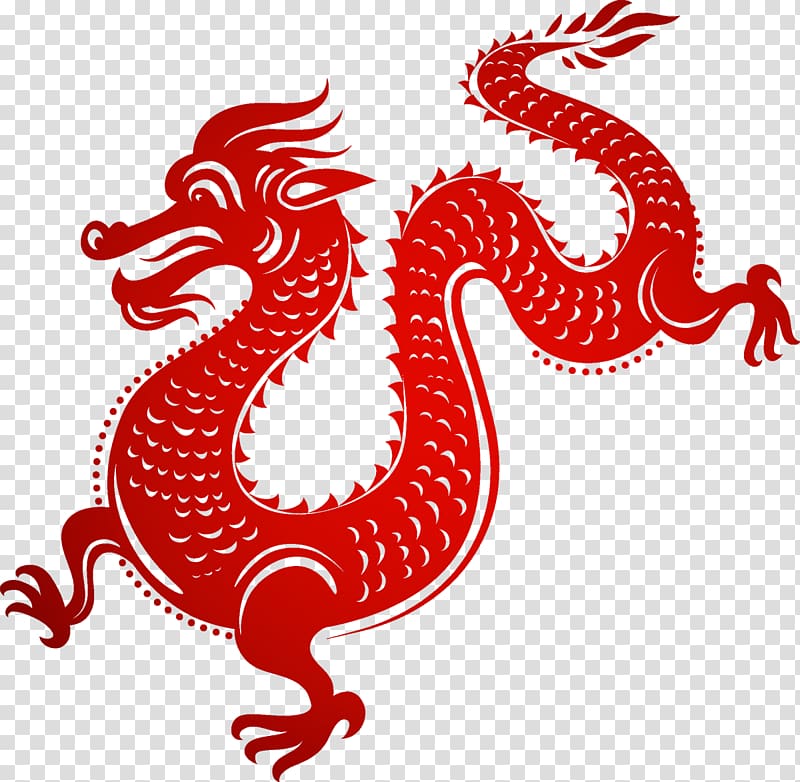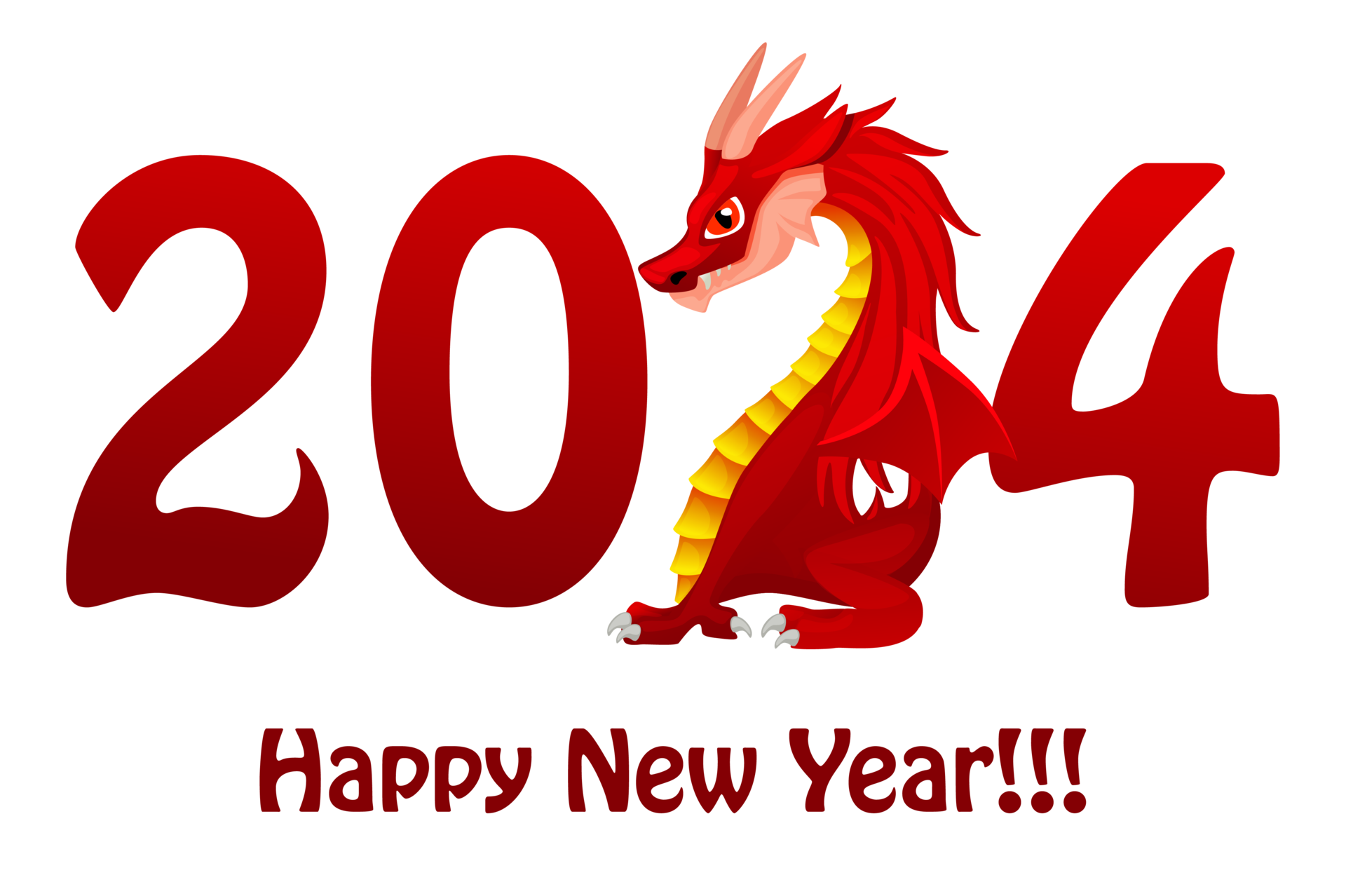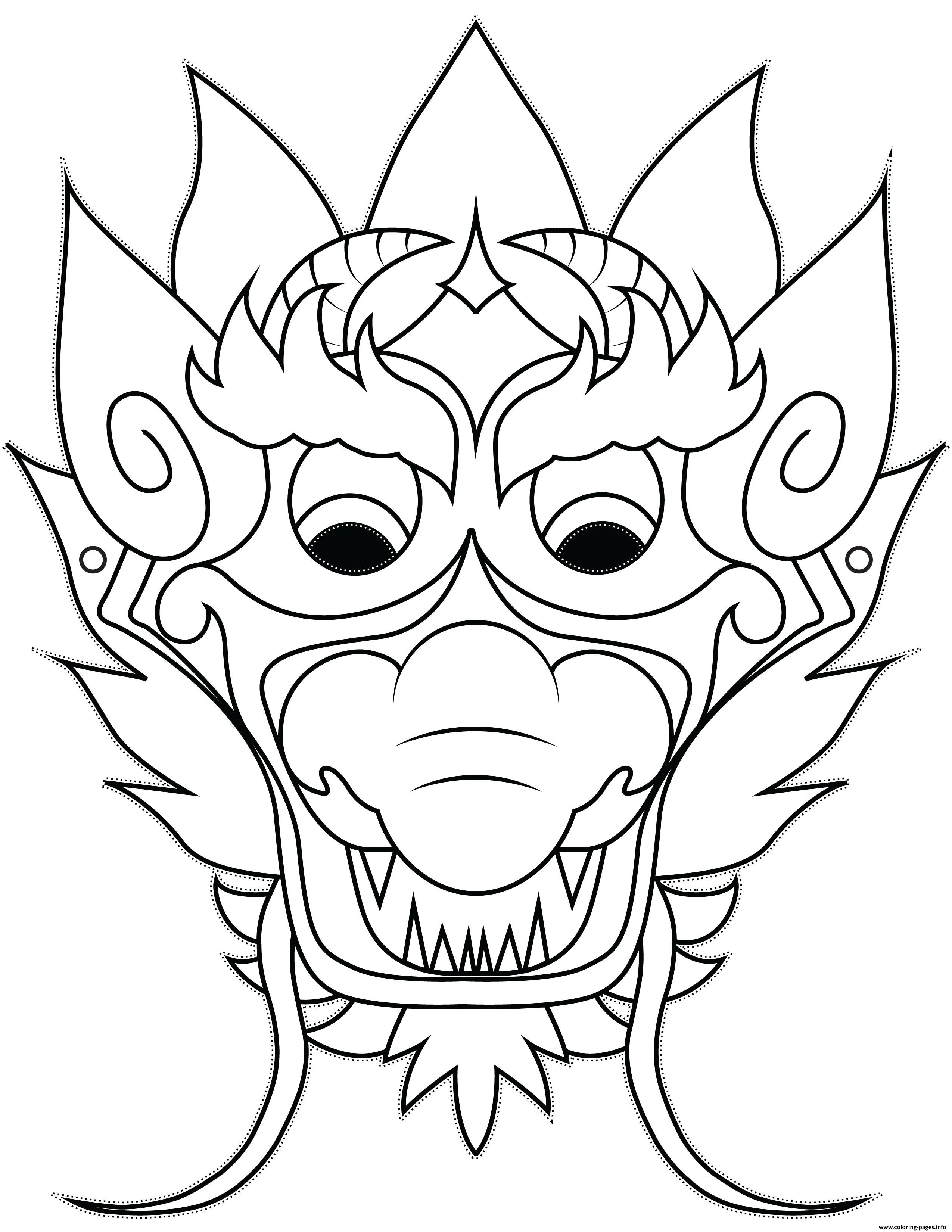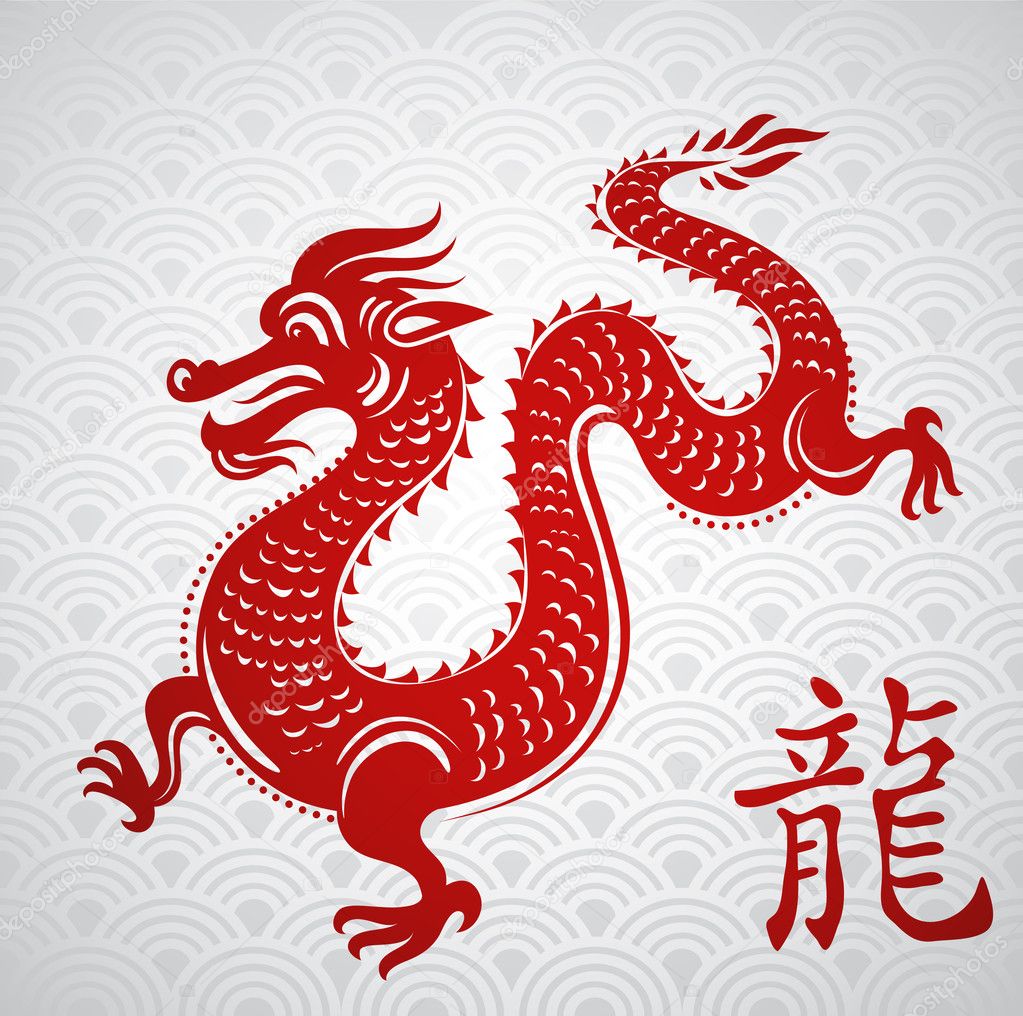Gallery
Photos from events, contest for the best costume, videos from master classes.
 |  |
 |  |
 |  |
 |  |
 |  |
 |  |
Chinese New Year is on Feb. 10, 2024. Here's what the Year of the Dragon means for you, according to your Chinese zodiac sign. Dragon is the 5th animal in the 12-year cycle of the Chinese zodiac signs, coming after the Rabbit and before the Snake. Recent years of the Dragon include 2024 (this year), 2012, 2000, 1988, 1976, 1964, and 1952, with the next Dragon year in 2036 (Year of the Fire Dragon). 2024 is the Year of the Wood Dragon, beginning on February 10th, 2024 (Chinese New Year) and concluding on January 28th, 2025 (Chinese New Year's Eve). In Chinese culture, the Dragon holds a significant place as an auspicious and extraordinary creature, unparalleled in talent and excellence. The zodiac animal for the 2024 Lunar New Year is the Dragon, the fifth of the 12-year cycle of animals that appear in the Chinese zodiac. The last year of the Dragon was in January 2012, which According to Chinese Zodiac and Five Element Theory, 2024 is Year of The Wood Dragon, starting from February 10th, 2024 (Chinese New Year) and ending on January 28th, 2025 (Chinese New Year's Eve). As the Lunar New Year begins on February 10, 2024, we move into the year of the Yang Wood Dragon. The Dragon is one of the most auspicious signs in the Chinese zodiac because of its ability to swim, fly, walk on land, and travel between between dimensions. When, exactly, is that? This year, the Chinese New Year (and the Year of the Dragon) starts on Feb. 10, 2024, and ends on Jan. 28, 2025. Also worth noting: Dragons aren’t the only lucky And we're about to be well-acquainted: The quiet "yin" energy of the 2023 Year of the Rabbit will be replaced with the white-hot "yang" energy of the dragon come February 10, 2024, when we You may have already heard that his year will be the year of the dragon according to the Chinese Zodiac calendar. Each Chinese year is signified by one of 12 animals in rotation based From zodiac predictions and what to wear, to traditions, the wood element and lucky foods, numbers, stones and colours, this is your complete Lunar New Year guide for the Year of the Chinese zodiac years are represented by 12 animal signs and begin at Chinese New Year. Find Chinese zodiac year dates from 1948 to 2031. Year of the Dragon: 1953 The Chinese zodiac, known as Sheng Xiao or Shu Xiang, features 12 animal signs in this order: Rat, Ox, Tiger, Rabbit, Dragon, Snake, Horse, Sheep, Monkey, Rooster, Dog and Pig. 2025 is the Year of the Snake according to Chinese zodiac, starting from the 2025 Chinese New Year on Jan. 29th and lasting to 2026 Lunar New Year's Eve on Feb. 16. 2026 is the Year of the Horse. Just like New Year according to the Gregorian calendar (January 1), Lunar New Year celebrations start on the night before the first day of the new year. ( Note: China follows the Gregorian calendar for daily business but still follows the Chinese calendar for important festivals, auspicious dates for events such as weddings, and the Moon phases.) Every Chinese zodiac year from 1900–2031, full table and broken down by each zodiac. Find your year, animal, dates and element (metal, water, wood, fire, earth). The Lunar New Year Egg 2025 is an egg obtainable during the Lunar New Year Event 2025. The Lunar New Year Egg 2025 can be obtained as the final reward from the Year of the Snake quest in the event. An additional Lunar New Year Egg 2025 can be obtained in each world after Origins by imbuing Imbued Fireworks Eggs and donating them to the Yueshi NPCS that run the Event Shops. The exclusive Lunar New Year may be called different names in different East Asian countries and communities, but it is celebrated on the same date (and surrounding days) with similar celebrations. China. In China, Lunar New Year is known as Chinese New Year or in Chinese 'Spring Festival' (Chunjie). The celebrations traditionally last for 16 days, beginning
Articles and news, personal stories, interviews with experts.
Photos from events, contest for the best costume, videos from master classes.
 |  |
 |  |
 |  |
 |  |
 |  |
 |  |